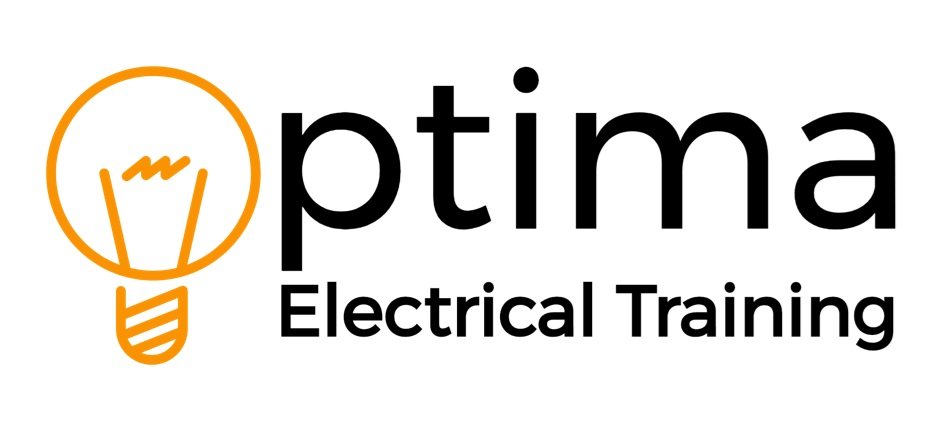How Much Income a First-Time Buyer Needs to Buy a Home Now, According to Experts
In the current housing market, first-time buyers face significant challenges when trying to purchase a home. The combination of rising property prices, stringent mortgage criteria, and the economic aftermath of the pandemic has made homeownership increasingly elusive for many. Experts have weighed in on how much income is now required for first-time buyers to step onto the property ladder.
Property prices in the UK have seen a steady increase over recent years, with many regions experiencing double-digit growth. This surge has not only inflated the cost of homes but has also impacted the amount of income needed to secure a mortgage. According to a report by Halifax, the average price of a home in the UK is now £256,000, marking a significant increase from previous years.
To afford such a home, first-time buyers are typically required to have a substantial deposit, often around 10% of the property price. For a £256,000 home, this equates to £25,600. However, saving for this deposit is just one part of the equation. The more critical factor is the income required to secure a mortgage for the remaining amount.
Income Requirements
Mortgage lenders generally follow a rule of thumb that allows buyers to borrow up to 4.5 times their annual income. Based on the average property price of £256,000, a first-time buyer would need a mortgage of £230,400 (after the deposit). To meet this requirement, the buyer’s annual income would need to be approximately £51,200 (£230,400 / 4.5).
This calculation assumes that the buyer has a good credit rating and no significant debt, as these factors can influence the amount lenders are willing to loan. Additionally, buyers need to account for other costs associated with buying a home, such as stamp duty, legal fees, and moving expenses.
Regional Variations
It is essential to note that income requirements can vary significantly depending on the region. For example, property prices in London and the South East are substantially higher than in other parts of the UK, meaning buyers in these areas need an even higher income to afford a home.
Conversely, regions with lower average property prices, such as the North East and parts of Scotland, may have lower income requirements. However, the general trend of rising prices and stringent lending criteria applies across the board.
Government Schemes and Assistance
The UK government has introduced several schemes to assist first-time buyers, such as Help to Buy and Shared Ownership. These schemes can reduce the initial deposit required and make homeownership more accessible. However, they also come with their own sets of rules and eligibility criteria, which buyers must carefully consider.
For guidance on first-time buying, government schemes, and contacts with established organisations, people can refer to the following resources:
Government Websites:
Gov.uk: The UK government’s official website offers comprehensive information on various home buying schemes and financial assistance available to first-time buyers. Visit Gov.uk and search for "Help to Buy," "Shared Ownership," and other relevant schemes.
Help to Buy: Dedicated site for the Help to Buy scheme, providing detailed information on eligibility, application processes, and contact details. Visit Help to Buy.
Financial Guidance Organisations:
MoneyHelper: A free service provided by the Money and Pensions Service, offering impartial advice on buying a home, managing money, and understanding mortgages. Visit MoneyHelper for more details.
Citizens Advice: Provides free, confidential, and independent advice on various topics, including housing and mortgages. Visit Citizens Advice or find a local branch for face-to-face guidance.
Mortgage Brokers and Lenders:
Independent Mortgage Advisors: Consider consulting with independent mortgage advisors who can offer tailored advice and help you find the best mortgage deals available.
Banks and Building Societies: Many financial institutions offer specific advice and services for first-time buyers. Contact your bank or local building society for information on their home buying services.
Housing Associations:
National Housing Federation: Represents housing associations in England and provides information on affordable housing options and shared ownership. Visit National Housing Federation.
Local Housing Associations: Many regions have local housing associations that offer shared ownership and affordable housing schemes. Check your local council’s website for contact details.
The income required for first-time buyers to purchase a home in the current market is substantial, driven by high property prices and cautious lending practices. On average, a prospective buyer would need an annual income of around £51,200 to afford a home costing £256,000 with a 10% deposit. Regional differences and individual financial circumstances can significantly alter this figure, highlighting the importance of tailored financial planning and advice for first-time buyers navigating the property market.
For those struggling to meet these requirements, exploring government assistance schemes and seeking professional financial advice can provide pathways to achieving homeownership. As the market continues to evolve, staying informed and prepared is crucial for prospective buyers.
If you're considering a career change or looking to enhance your existing skills, now is the perfect time to take the initiative and enrol with Optima Electrical Training. With the availability of interest-free payment plans, it's easier than ever to get started.
Contact us today to embark on your training journey.
Contact us: Request Information
Email: info@optima-ect.com
Freephone +44 800 0371572



